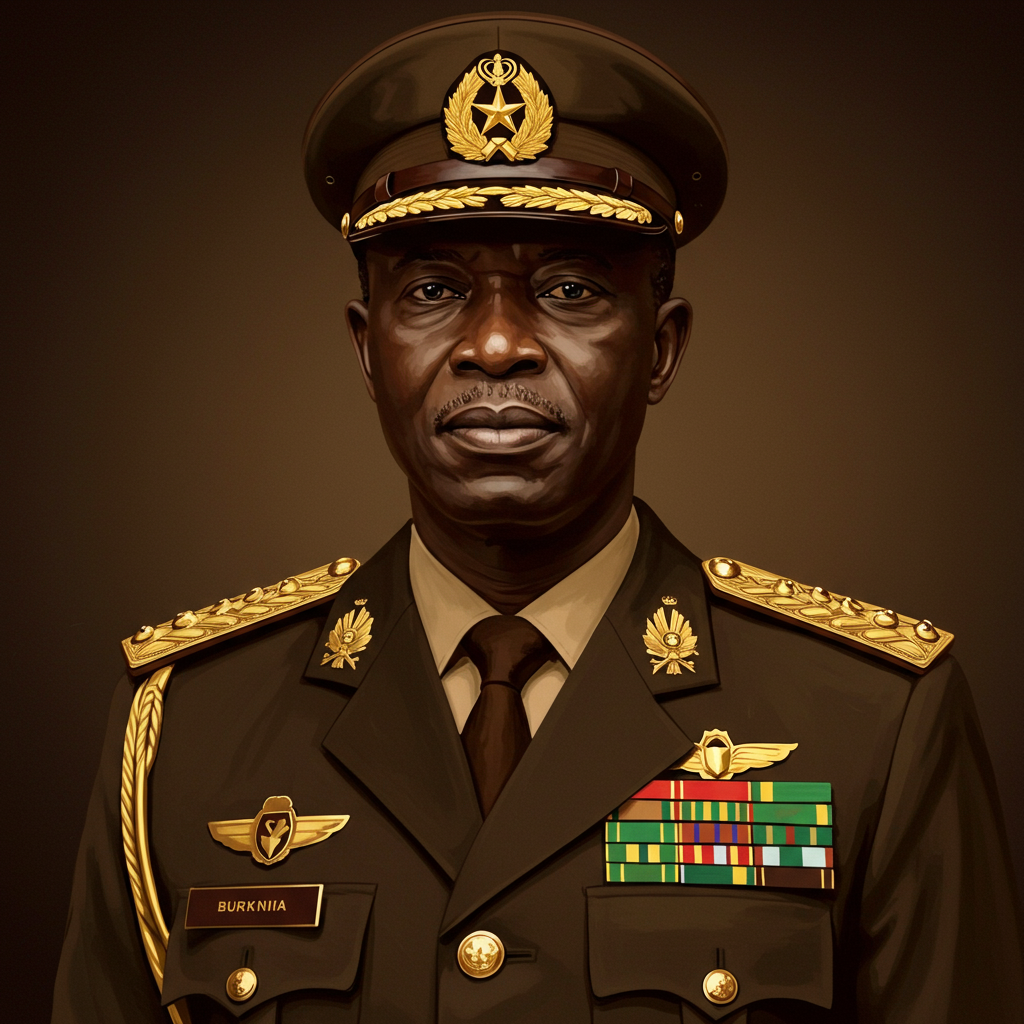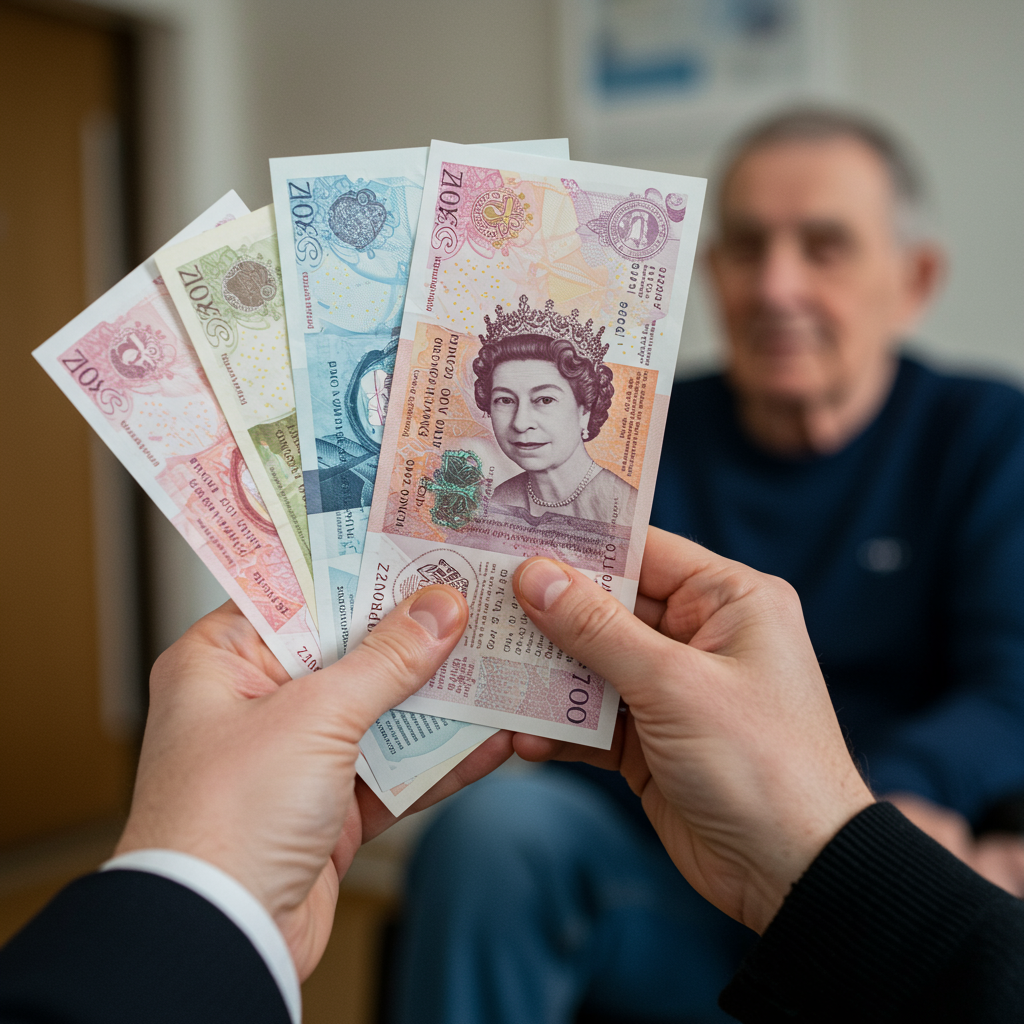Captain Ibrahim traoré, Burkina Faso’s current leader, has rapidly transformed from a relatively unknown junior army officer in 2022 into a prominent figure admired across Africa and internationally. He presents himself as a powerful anti-Western hero advocating for national self-reliance and resilience. This stance resonates deeply with many Africans disillusioned with perceived Western influence and past leaders seen as corrupt or beholden to foreign interests. Traoré has effectively tapped into widespread anti-imperialist sentiment.
His rise is viewed as a reflection of a significant shift in West African politics. support for traditional Western-style democracy appears to be declining. Analysts suggest that because democracy has struggled to deliver jobs, education, and healthcare for African youth, figures like Traoré offer a compelling alternative. His message and image evoke a sense of national pride and independence, reminiscent of historical Pan-Africanist leaders.
The Swift Ascent to Power
Just three years ago, Ibrahim Traoré served as a junior officer within Burkina Faso’s armed forces. His dramatic ascent culminated in a 2022 coup, overthrowing the previous military leader. This predecessor had himself seized power only eight months prior, deposing a civilian government. Both coups were justified by claims of failing to address the deteriorating security situation fueled by violent Islamist insurgencies across the nation.
Traoré quickly installed himself as president. His takeover occurred amidst deep public discontent, particularly aimed at France, the former colonial power. A highly popular initial move involved expelling French troops stationed in the country. These forces were widely perceived as ineffective against the insurgents and symbolized lingering foreign interference. Following the coup, the United States also suspended military aid, including training programs for local commandos.
Cultivating an Anti-Western Image
Traoré’s image as an anti-Western hero is a key driver of his popularity. His message actively challenges perceived Western dominance and neo-colonialism in Africa. This aligns with a contemporary questioning by many Africans regarding their relationship with the West. They often point to persistent poverty despite the continent’s vast resource wealth.
His stance gained significant international attention, amplified through social media platforms. His forceful speech at the 2023 Russia-Africa summit, widely publicized by Russian media, highlighted his position against “imperialists.” He later attended Russian Victory Day commemorations, stating he drew inspiration to defeat “terrorism and imperialism.” This rhetoric, combined with a savvy social media campaign, has extended his appeal beyond Africa, notably to African-Americans and Black Britons. Many in these communities relate his messages to their own experiences with racism, colonialism, and historical injustices like slavery. Figures like rapper Meek Mill have publicly expressed admiration for his “energy and heart.”
Echoes of Thomas sankara
A crucial element of Traoré’s appeal is his deliberate emulation of Thomas Sankara. Sankara was Burkina Faso’s revolutionary leader assassinated in 1987. Sankara remains a powerful icon, remembered for renaming the country (“Land of the Upright”) and pursuing radical self-sufficiency.
Like Sankara, who took power at age 33 and was known for personal integrity and challenging external powers, the 37-year-old Traoré evokes a similar spirit. He taps into the legacy of national pride and independence that Sankara embodied. Visuals often display his image alongside Sankara’s in African diaspora media. Experts note his youth, media-savviness, and ability to position himself as a reincarnation of Sankara resonate strongly in a country with a very young median age. Sankara’s legacy was recently given official recognition in Burkina Faso, with his assassination anniversary declared a national holiday and a major street renamed in his honor. This official embrace by the current military regime under Traoré further solidifies the connection.
Economic Nationalism and Populist Policies
Beyond security and anti-Western rhetoric, Traoré’s government has pursued populist economic policies designed to benefit the state and its citizens directly. A key focus has been on the country’s mineral wealth, particularly gold.
His administration has renegotiated international gold-mining contracts. The goal is to secure a larger share of revenue for the government. This includes requiring foreign firms to give the state a 15% stake in local operations. The junta is also focused on developing domestic processing capabilities. They are building the country’s first gold refinery and establishing national gold reserves. This approach has led to friction with some Western companies. One firm launched arbitration after an exploration license withdrawal. The junta has also nationalized two gold mines previously owned by a London-listed firm. Plans for further takeovers have been indicated.
Traoré has also supported the agricultural sector. His government has distributed resources like tractors and fertilizer to farmers. They have backed the development of local processing industries, such as a tomato plant. Furthermore, his land policies have garnered strong support, particularly among the rural poor and youth. These policies place land primarily under state control while recognizing customary community rights over corporate agribusiness interests. Supporters see these measures as correcting historical injustices that favored large investors over smallholder farmers.
The Complexities of Security
Despite his popularity, Traoré faces significant challenges, especially regarding the very issue that justified his initial coup: security. The Islamist insurgency has continued and even worsened under his leadership. Analysis indicates a dramatic increase in conflict-related deaths since his takeover. Over 17,000 people have reportedly been killed in insurgent violence during his tenure. This figure is more than triple the death toll from the preceding three years under civilian rule. The conflict has also contributed to ethnic divisions and spread to neighboring countries.
While Traoré’s government claims progress, the ongoing violence remains a critical test. His legitimacy, heavily reliant on his promise to restore security, could erode if the situation does not tangibly improve for the population.
Shifting International Relations
Traoré has engaged with Russia, which actively seeks to expand its influence in the Sahel region. Russia has reportedly conducted influence operations in Burkina Faso using local media and events. Economic ties have been pursued, including a gold-mining deal with the Russian company Nordgold. This deal is expected to contribute significantly to government revenue.
However, Traoré has shown some reluctance regarding Russian mercenaries, such as the Wagner Group. Reports suggest a contingent of 400 Russian mercenaries who arrived last year departed within three months. This indicates Traoré may prefer the national army to maintain sovereignty. The head of US Africa Command suggested Traoré was using gold reserves for the junta’s protection. This comment was viewed by some as a precursor to potential Western intervention, further fueling public support for Traoré against external perceived threats.
Challenges and Criticisms
Beyond the worsening security situation, Traoré’s rule faces other criticisms. Human rights groups have documented alleged extrajudicial killings, arbitrary detentions, and forced conscription of civilians. Critics and activists have reportedly been targeted under an emergency law used to quell dissent.
Segments of the urban educated class express concern over the delay in returning the country to civilian rule. Traoré has postponed elections previously scheduled for 2024 until 2029. He cites the need to regain territory from jihadists to ensure all citizens can vote. Critics argue this delay consolidates military power.
France’s President Emmanuel Macron has criticized the junta, describing it as part of a “baroque alliance” with “neo-imperialists” (Russia and China). He accuses these external powers of stirring up coups and exploiting sovereignty arguments. While Burkina Faso’s relations with France and the US remain strained, assessments from institutions like the IMF and World Bank have been surprisingly positive regarding the economy. Recent reports noted expectations for robust growth and progress in domestic revenue. However, these economic gains must translate into tangible improvements for the population to maintain long-term support.
Sources of Legitimacy
Despite the significant challenges, Traoré enjoys considerable popular legitimacy. This support is particularly strong among the rural poor and youth. These groups benefit from some of his populist policies and are drawn to his potent anti-Western stance. His confident, charismatic style and powerful oratory contribute to his image as a man of the people.
Large public rallies have demonstrated support for Traoré. These include gatherings after an alleged counter-coup attempt and protests against comments by the head of US Africa Command.
Regional Dynamics
The rise of military leaders in Burkina Faso, Mali, and Niger has fundamentally reshaped West Africa. These states have ordered French forces out and have left the regional bloc ECOWAS. They have formed their own alliance and imposed tariffs, ending free trade among themselves. This represents a significant shift in regional power dynamics and external alignments.
Expert Perspectives
Experts view Traoré’s popularity as part of a broader political shift in West Africa. They note the decline in support for Western-style democracy. His appeal is seen as embodying the spirit of post-independence leaders who promised radical change.
Rinaldo Depagne of the International Crisis Group highlights Traoré’s youth, media skills, and strategic use of Sankara’s legacy. He is seen as skilled at offering hope to a nation traumatized by conflict. Ghanaian security analyst Prof Kwesi Aning suggests that for Traoré to build a lasting legacy, he must prioritize achieving peace and establishing strong institutions. Centralizing power and suppressing dissent, Prof Aning cautions, could lead to a mixed legacy, referencing figures like Ghana’s Jerry Rawlings.
The symbolic support and popular legitimacy Traoré currently enjoys face a crucial test. His long-term standing will likely depend on his administration’s ability to achieve tangible improvements in both security and economic conditions for the Burkinabé people over the coming years.
Frequently Asked Questions
What is the main reason for Ibrahim Traoré’s popularity in Africa?
Traoré’s popularity stems from his strong anti-Western stance and calls for self-reliance, resonating with widespread disillusionment towards former colonial powers and corrupt elites. He is seen as challenging foreign influence and promoting national sovereignty.
How has Ibrahim Traoré connected his leadership to Thomas Sankara?
Traoré deliberately emulates the legacy of Thomas Sankara, Burkina Faso’s revolutionary leader. He invokes Sankara’s ideals of national pride, independence, and anti-imperialism. This connection is amplified through media and public symbolism, appealing to those who admire Sankara’s historical vision.
What economic policies has Traoré implemented to gain support?
Traoré’s populist economic policies include renegotiating gold-mining contracts for greater state revenue, distributing agricultural resources to farmers, supporting local industries, and implementing land policies that favor community rights over corporate interests. These measures have particularly garnered support from the rural poor and youth.
Conclusion
Ibrahim Traoré’s emergence as a popular figure across Africa and beyond reflects complex dynamics of political disillusionment, resurgent Pan-Africanist ideals, and shifting international alignments. By positioning himself as an anti-Western leader channeling the spirit of Thomas Sankara and implementing populist policies, he has cultivated significant domestic and regional support. However, his rule is challenged by a worsening security crisis, concerns over human rights, and a delayed return to civilian governance. The future of his leadership and legacy will depend on his administration’s capacity to translate symbolic popularity and economic measures into lasting peace and tangible improvements for the people of Burkina Faso.




